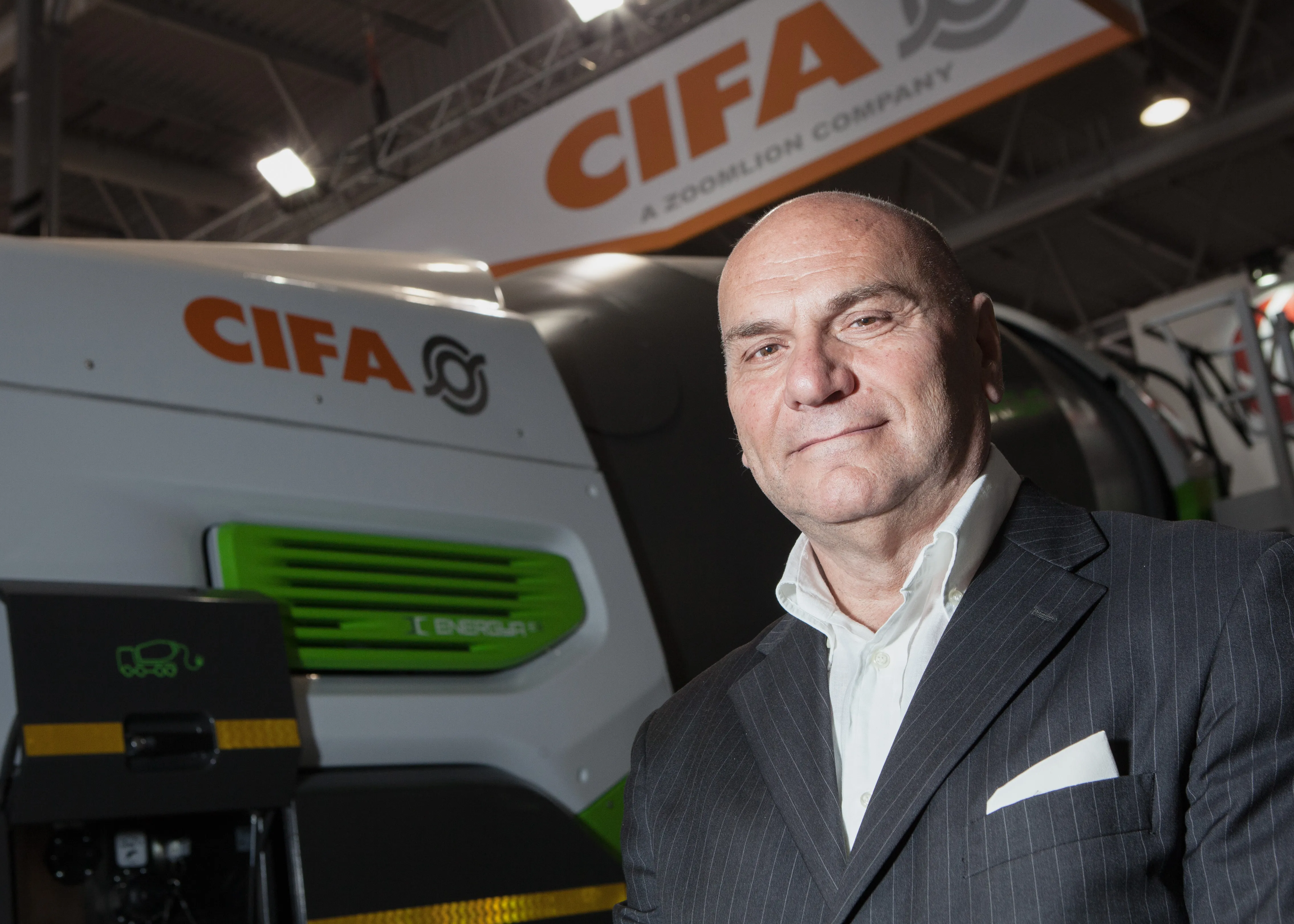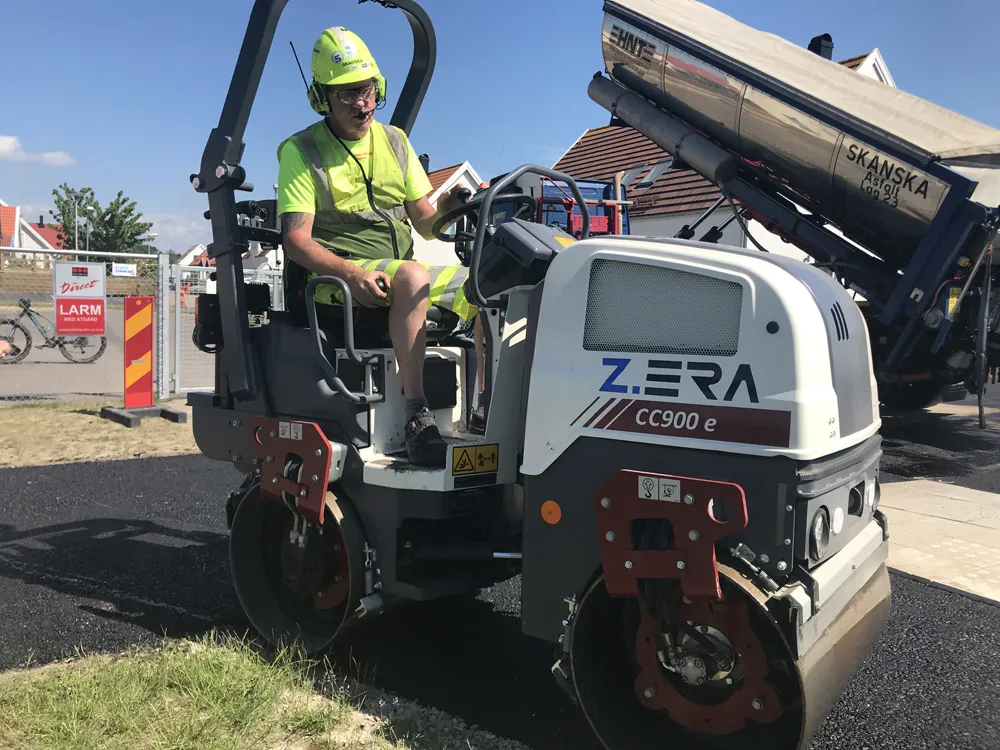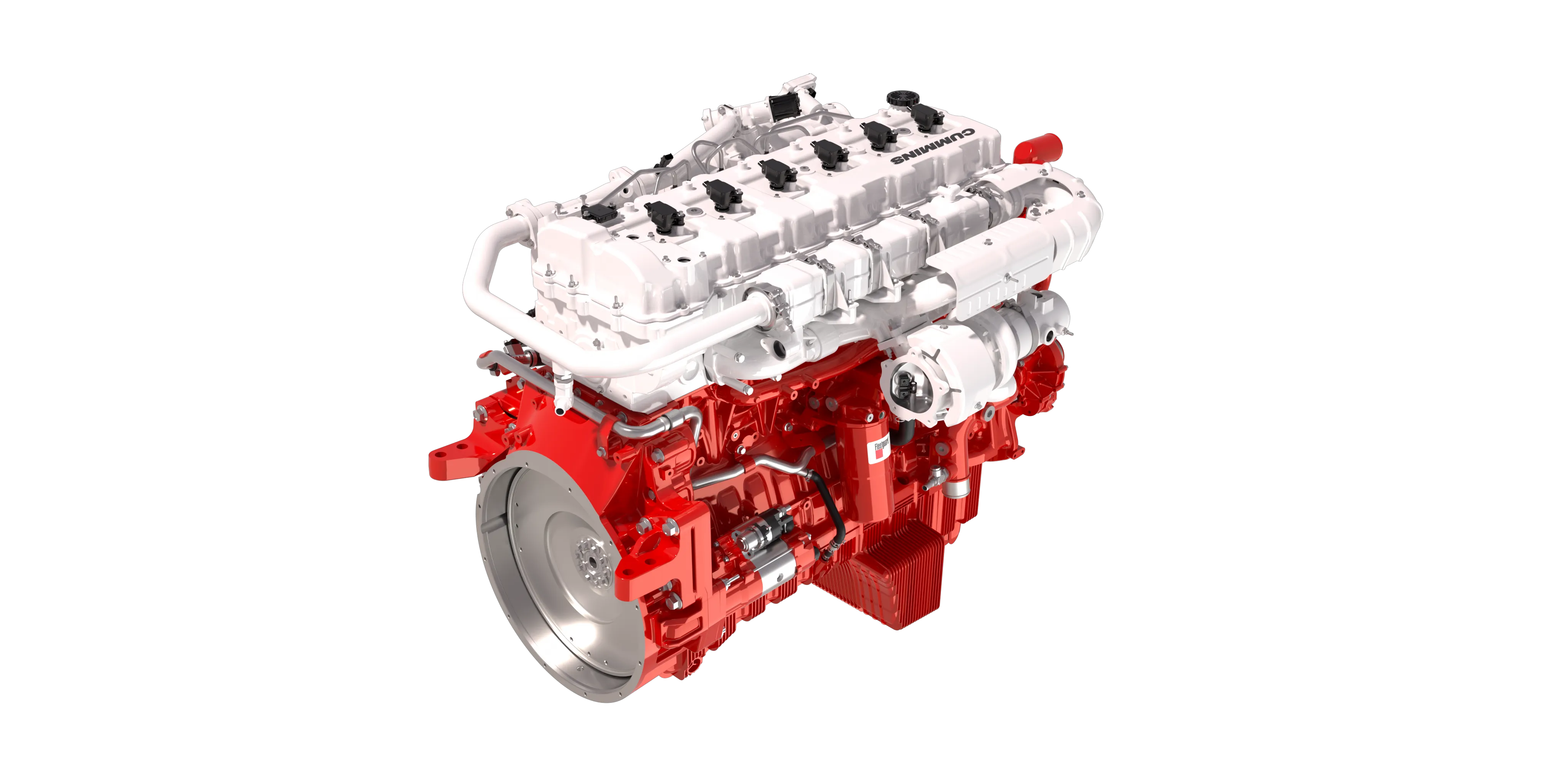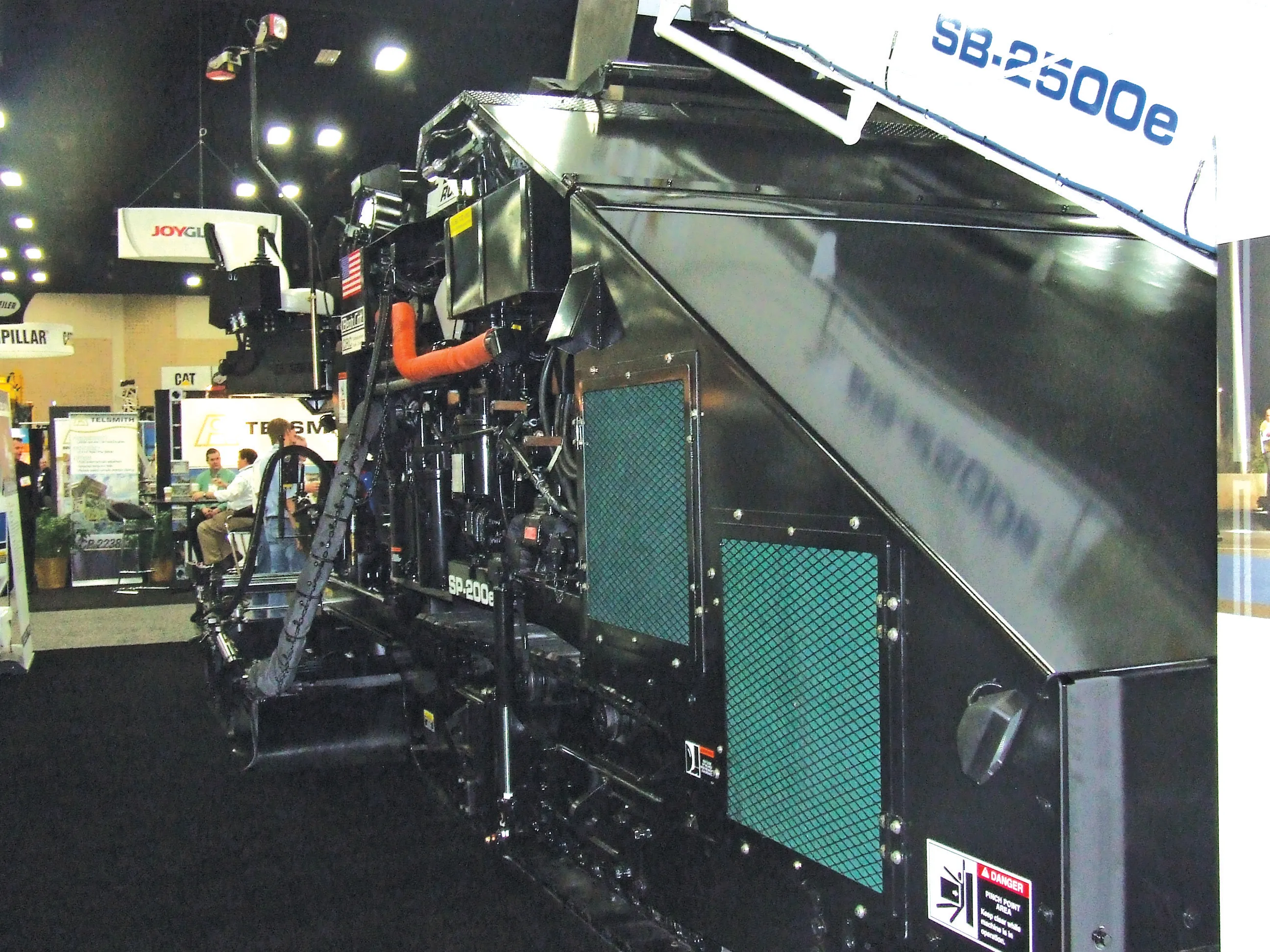
The acquisition of Italian concrete pump and mixer firm
The buyout of the company gave CIFA access to funds for research and development, which its Chinese owner has been keen to invest in. And the fruits of this investment are certainly being seen, both by CIFA and Zoomlion.
Renato Biavati is head of sales at CIFA and he said, “Thanks to our Chinese partner we launched the Energya and Carbotech machines and we also invested in a new European research and development centre.”
The Energya hybrid mixer truck has proven to be a key launch for the firm and Biavati said, “Now we start to have important sales in Belgium, Sweden and the UK.”
In use the Energya truck mixer has revealed other benefits over its hybrid drive. As well as reducing fuel consumption and exhaust emissions significantly, the machine is also much quieter in operation when running on battery power. The machine is being used on some major projects, such as the new Gotthard Tunnel where its ability to operate without emissions are extremely beneficial as they reduce the need for ventilation. For cities with low emission zones such as in Europe or the US (and possibly China in the future), the hybrid mixer is also generating considerable interest and CIFA expects major orders to come in the near future. Although the purchase price of the Energya hybrid mixer is significantly higher than for conventional units, the machine will offer a saving due to its lower fuel consumption resulting in a payback to the customer.
This piece of equipment is also pointing the way for future innovations from the firm and Biavati said, “We can develop this type of hybrid system in other products. We want to be a leader in this type of technology.”
However he commented that the hybrid technology is limited at present in terms of how much power it can deliver, which means it cannot be used for certain types of equipment such as large concrete pumps. But with hybrid technologies still developing, Biavati believes that the power output of future machines will continue to grow.
Meanwhile CIFA’s new K60H pump is already finding customers in Europe, with six machines having been supplied and including to Europe’s largest concrete pumping firm. The K53H pump has also been sold to a German firm, further highlighting the perceived quality of the CIFA brand. Biavati said that CIFA is now winning sales from its rivals in the concrete pumping sector also as its new focus on technology, including the carbon fibre booms, has raised the firm’s profile. He said that the range is now regarded as a premium product due to the innovations the firm has been able to develop and introduce in the wake of the Zoomlion acquisition. This is being reflected in the market according to Biavati, with demand for the pumps featuring carbon fibre booms proving strong in Europe and accounting for around 50% of sales. He said that customers in Europe are sensitive to the weight of machines due to transport restrictions as well as fuel consumption, so the concept of a pump with strong but lightweight boom sections has attracted considerable attention.
Biavati said that CIFA has established a partnership with a supplier of carbon fibre for the booms, which is based in Modena. And having seen the benefit for its concrete pump line, CIFA is also considering other applications for the carbon fibre concept in structural duties, with many other possible uses being considered both within CIFA and its parent Zoomlion. Biavati was reluctant to say too much at this stage but said that research and development is underway and added, “There is incredible potential for carbon fibre but we are just starting with this.”









